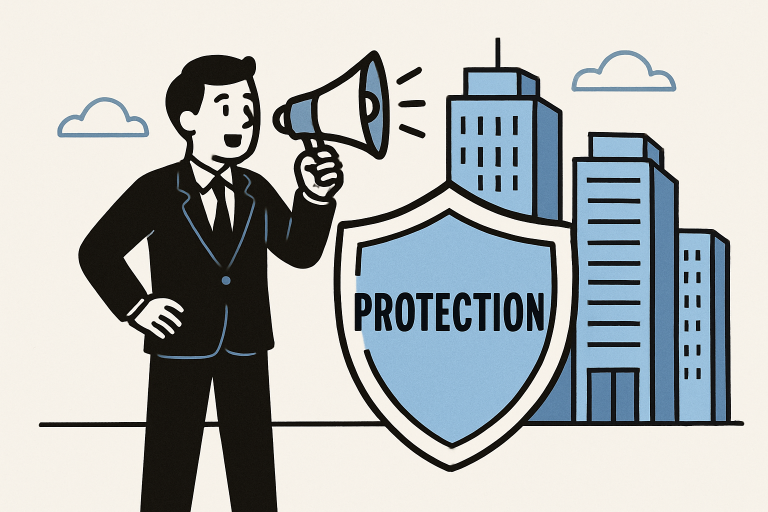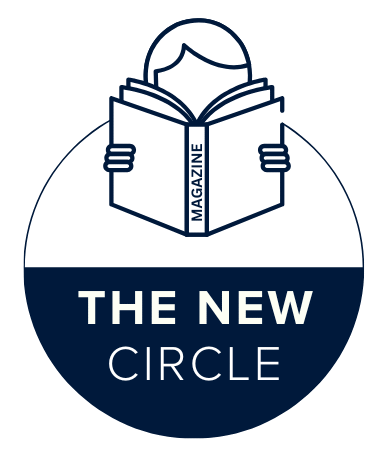Table of Contents
- Introduction
- Recent Developments in Whistleblower Protections
- Impact on Corporate Culture
- Legal Framework and Landmark Rulings
- Challenges in Implementation
- Role of Public Perception
- Best Practices for Organizations
- Conclusion
Introduction
Whistleblower protections are crucial safeguards that enable employees to report harmful or illegal organizational practices without fear of retaliation. By fostering an environment where wrongdoings can be brought to light, these protections uphold standards of honesty while strengthening overall corporate integrity. For anyone considering reporting workplace wrongdoing, consulting a whistleblower attorney can help ensure compliance with legal requirements and personal safety throughout the process.
As more organizations prioritize transparency, safeguarding those who speak out against unethical conduct has become not only a legal obligation but a cornerstone of sustainable business operations. These frameworks are vital in establishing a culture where accountability is non-negotiable, promoting financial responsibility and ethical leadership at all levels of the organization.
Recent events in both the public and private sectors have highlighted the importance of strong whistleblower protection. Legislative changes, high-profile cases, and increased incentives for reporting misconduct are driving greater attention to the topic.
By encouraging transparency, whistleblower protections benefit not only companies but also entire industries, helping to prevent scandals that can undermine public trust and financial stability. These measures aim to prevent fraud, discrimination, environmental violations, and other misconduct before they escalate.

Recent Developments in Whistleblower Protections
The landscape of whistleblower protections is constantly evolving, shaped by major legal initiatives and the rollout of new programs. In August 2024, the U.S. Department of Justice (DOJ) announced its first-ever whistleblower reward program, designed to target a range of corporate crimes and provide new incentives for individuals to report misconduct not covered under previous frameworks. This move is significant, as it offers up to 30% of the first $100 million forfeited and up to 5% of amounts between $100 and $500 million, with a particular focus on foreign corruption and healthcare fraud.
These developments highlight a growing recognition of whistleblowers as key partners in holding organizations accountable. By rewarding bravery and integrity, government agencies are increasing the pressure on corporations to maintain ethical standards or face exposure and sanction. This shift also puts new demands on companies to review their compliance practices, communication procedures, and internal safeguards to align with regulators’ expectations.
Impact on Corporate Culture
Whistleblower protections are more than just legal requirements—they are powerful agents of cultural transformation within organizations. When employees are confident in their ability to speak out securely, it can reduce tolerance for misconduct at all levels. Research has shown that effective reporting mechanisms enhance employee morale and promote an organization’s reputation among investors and customers. Moreover, companies known for supporting whistleblowers attract talent seeking responsible employers and can enjoy a competitive edge in industries where trust is highly valued.
Notably, well-publicized cases have underscored the impact of whistleblowing in changing organizational behaviors. Employees who take action against fraud or unethical practices often drive meaningful reforms, leading to more robust compliance structures and greater transparency. The broader societal implications are equally important—whistleblowers can expose abuses that might otherwise stay hidden, prompting industry-wide reform and regulatory scrutiny.
Legal Framework and Landmark Rulings
The legal landscape for whistleblower protections has become increasingly robust in recent years, marked by significant court rulings. One such development occurred in February 2024, when the U.S. Supreme Court unanimously held that whistleblowers do not need to prove “retaliatory intent” by their employers to qualify for protection under the Sarbanes-Oxley Act. This decision strengthens protections and makes it easier for employees to come forward, recognizing the inherent risks involved in speaking out.
In addition to federal statutes such as Sarbanes-Oxley and Dodd-Frank, many states have established their own guidelines and remedies for whistleblowers. These frameworks ensure not only job security but also sometimes offer financial rewards, protection against defamation, and expanded rights for public-sector employees. The evolution of these statutes demonstrates that whistleblower law remains dynamic, shaped by both judicial judgments and legislative responses to changing workplace realities.
Challenges in Implementation
Even with extensive legal frameworks in place, challenges often arise in the day-to-day implementation of whistleblower protections. Organizations that are not subject to rigorous public scrutiny—such as many non-public corporations—may lack sufficient incentives or pressure to install strong protections. Common pitfalls include insufficient communication, unclear or inadequate reporting mechanisms, and poor enforcement of non-retaliation policies.
In practice, whistleblowers may still fear retaliation in the form of job loss, harassment, or stalled career advancement. Ensuring true anonymity can be challenging, particularly in smaller organizations or for individuals where an individual’s identity may be easily inferred. Establishing a supportive culture and clear reporting structures is crucial for overcoming these barriers and promoting participation in internal compliance efforts.
Role of Public Perception
Societal attitudes toward whistleblowers have undergone a significant shift in recent years. Greater awareness of corporate fraud and government malfeasance has publicized the public’s sympathy for those who expose wrongdoing. This supportive environment has, in turn, propelled advances in legislation and policymaking, as lawmakers respond to calls for greater oversight and transparency.
Furthermore, organizations are now more aware of the reputational risks associated with failing to support whistleblowers. Negative publicity related to retaliation or suppressed disclosures can inflict long-term harm on a brand, affecting both consumer trust and employee recruitment. As cultural values evolve, the public role of whistleblowers continues to expand, cementing their place as essential watchdogs within modern businesses.
Best Practices for Organizations
For organizations to effectively uphold whistleblower protections, it is crucial to implement comprehensive internal policies. These include accessible and confidential channels for reporting concerns, clearly articulated non-retaliation commitments, regular employee training on whistleblower rights, and transparent investigative procedures. Leadership should publicly endorse these values, signaling to all staff that integrity and accountability remain core priorities.
Additionally, companies should periodically review their whistleblower programs to adapt to changing legal standards and best practices, and seek expert advice when needed to fortify their policies against emerging risks.
Conclusion
Whistleblower protections are indispensable tools for fostering accountability, transparency, and ethical conduct across industries. Recent legislative changes and court rulings, coupled with increased societal recognition of the value of whistleblowers, underscore the need for organizations to take proactive steps in supporting those who speak out. By doing so, businesses not only protect themselves from legal risk and enhance trust, but also contribute to a broader culture of integrity that is essential to long-term success.
YOU MAY ALSO LIKE: Why Motorcycle Injury Claims Need Legal Expertise

